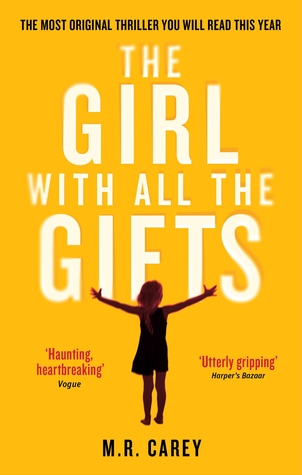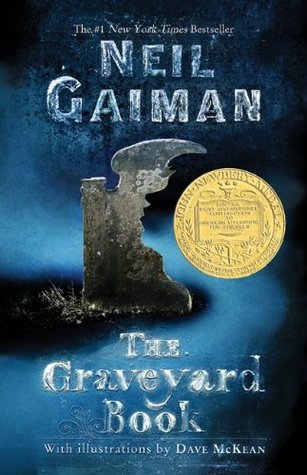Every now and then you'll see someone post about
why magic and science are the same thing, and by extension imply that fantasy and science fiction are ends of the same stick.
And while these arguments may well be true they don't speak to an important difference of a more societal nature.
Let's talk about muggles.
The main difference between fantasy and science fiction is the nature of the fake science (magic) they present us with. Generally the technology resulting from science is available to anybody to buy or discover given sufficient reserves of money, intelligence, infrastructure etc. It's an egalitarian form of "magic". To use a warp drive or phaser gun doesn't require you to be born special.
Magic, on the other hand, often requires you to be born "magic". Fantasy is rife with chosen ones, singular heroes whose talents allow them to change the course of history, wielders of magic that is available to them alone or to some elite that were born special.
Star Trek offers us a universe full of wonder where anyone has the potential to experience and use magic-like technology. Harry Potter offers us a world where the vast majority, through no fault of their own, are born muggles. It doesn't matter how good a person's heart is, how hard they try ... they will always be a muggle. The wonders of magic are not for them. Live with it, muggle.
It seems harsh. It echoes with the class systems of yesteryear. You were born a serf and you will die one, irrespective of your skills. Though here that class system/elitism is replaced with a binary genetic talent.
And this general structure pervades most fantasy to some degree. You are born to use magic or you aren't.
There are, of course, softer approaches where ability to use magic might be linked to some quality that we are used to seeing have an impact in the real world, intelligence say, and anyone has a shot at it.
Why, you might ask, is being born intelligent or not, any different between being born a muggle or not?
It's a question of degree. Intelligence is a spectrum and can to some degree be compensated by things such as hard work. Being a muggle is binary You are or you aren't. And the difference between the two is huge.
Now, I love fantasy. I'm perfectly happy to read about special individuals whose powers will level mountains. I don't need an equal opportunity socialist utopia before I can enjoy a story... I have written books about people born with special magical talent. But something in the concept of muggles has always rubbed me the wrong way. Maybe it's that we're not talking of a divide between the mass and a scattering of exceptional individuals, but between two societies,the haves and the have nots, with one looking down upon the other (even the kindly wizards who study muggles for a living still seem to see them as a separate thing rather than fellow humans for whom saying
wingardium leviosa does not float a feather.).
one of us
Maybe it boils down to me being more comfortable with heroes than with a heroic class, more comfortable rooting for an ultra rare individual who can do what I can't than for a 1% who can. I think maybe I want my fantasy heroes to live among the people rather than to live in secret wizarding societies and call me a muggle.







